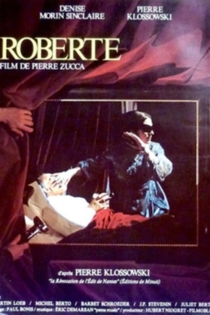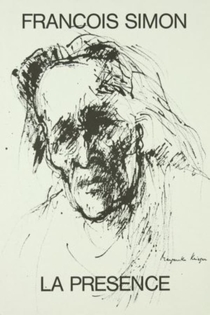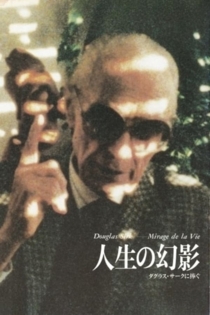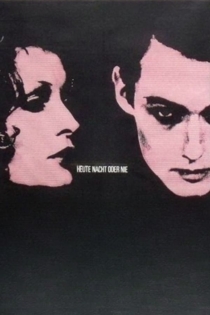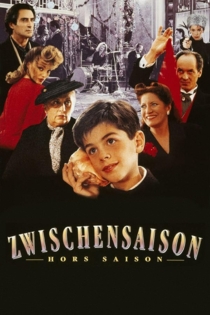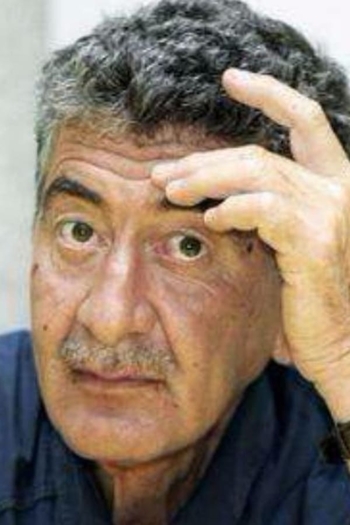
Daniel Schmid
1941 - 2006Daniel Schmid (26 December 1941 – 5 August 2006) was a Swiss theatre and film director.
In 1982, his film Hécate was entered into the 33rd Berlin International Film Festival. His film Beresina, or the Last Days of Switzerland was screened in the Un Certain Regard section at the 1999 Cannes Film Festival. In 1988, he was a member of the jury at the 38th Berlin International Film Festival.
A new documentary film on Schmid's life Daniel Schmid - Le chat qui pense, had its U.S. premiere at the Frameline Film Festival in San Francisco on June 20, 2011.
Tosca's Kiss
Daniel Schmid
Memoirs of the Italian Opera by the singers and musicians of the Casa Verdi, Milan, the world’s first nursing home for retired opera singers, founded by composer Giuseppe Verdi in 1896. This documentary, which has achieved cult-like status among opera and music lovers, features former singers who reminisce about their careers and their past operatic roles.
Tosca's Kiss
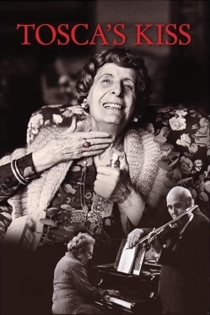
Das geschriebene Gesicht
Daniel Schmid
Tamasaburo Bando, Kazuo Ohno
In Japanese theater, women's roles are traditionally played by men. The man playing the woman's role, the Onnagata, does not imitate the woman, as in the West, but tries to capture her significance. He need not stick close to his model, but draws far more from his own identity - a shift of value takes place, which is nonetheless not a step beyond. THE WRITTEN FACE is an attempt to offer an insight into the Japanese Kabuki star Tamasaburo Bando, one of the last defenders of this ancient and disappearing performing tradition.
The Written Face
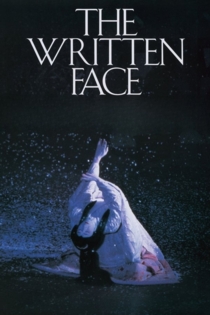
Daniel Schmid - Le chat qui pense
Pascal Hofmann, Benny Jaberg
Daniel Schmid, Ingrid Caven
When director Daniel Schmid grew up, his parents ran a hotel in the Alps, and this singular setting was to influence his film. Rather by coincidence he came to Berlin in the early 1960s and became part of the new German wave. Schmid worked with, among others, Wenders and Fassbinder, for example as an actor in Wender’s The American Friend. He met Ingrid Caven, who was to play a diva in several of his films. This is a documentation of a part of modern European film history and a good analysis of artistry and how it corresponds to the individual behind the camera. A wealth of archival footage brings us close to many directors and actors in Schmid’s circle. If you’ve never seen a Daniel Schmid film, you are sure to want to after watching this portrait of his life.
Daniel Schmid: Le Chat Qui Pense
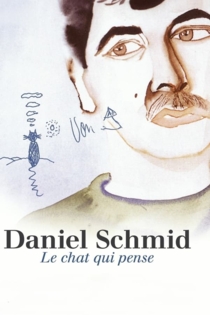
The American Friend
Wim Wenders
Dennis Hopper, Bruno Ganz
Tom Ripley, an American who deals in forged art, is slighted at an auction in Hamburg by picture framer Jonathan Zimmerman. When Ripley is asked by gangster Raoul Minot to kill a rival, he suggests Zimmerman, and the two, exploiting Zimmerman's terminal illness, coerce him into being a hitman.
The American Friend
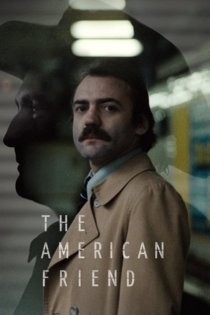
Ludwig: Requiem for a Virgin King
Hans-Jürgen Syberberg
Harry Baer, Ingrid Caven
Reflected in an artificial and bombastically staged illusory world with Wagnerian compositions, glossy and satirical time references, 19th century German figures and traditions are stripped of their mythology and interpreted by the Germany of 1972.
Ludwig – Requiem for a Virgin King
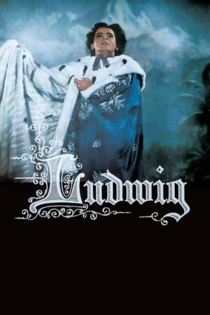
Beresina oder die letzten Tage der Schweiz
Daniel Schmid
Elena Panova, Geraldine Chaplin
A naive girl's love for Switzerland is put to the test in this satiric comedy. Irina is a woman from Russia who all her life has always been fascinated by Switzerland and longs to live there some day, though her notion of Swiss life has more to do with Heidi and old movies set in the Alps than reality.
Beresina

La Paloma
Daniel Schmid
Ingrid Caven, Peter Kern
Nightclub singer La Paloma succumbs to the persistent courting of a chubby rich admirer and marries him. Before the marriage, she was thought to be dying, but soon she is well. She believes her husband's love has cured her, but her efforts to love him begin to fade as she discovers true love with her husband's old school friend.
La Paloma
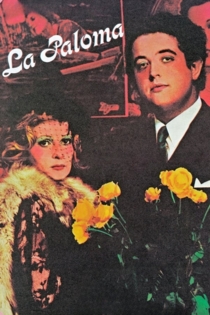
Jenatsch
Daniel Schmid
Michel Voïta, Christine Boisson
A journalist is assigned to interview an eccentric anthropologist who has exhumed the skeleton of Jörg Jenatsch, a revered freedom fighter who was mysteriously murdered in 1639. Initially disinterested, the journalist begins to uncover unflattering truths about the national hero and experiences visions in which he seems to be witnessing events that transpired over 300 years ago. As he obsessively pursues the investigation, his personal life and his grip on reality disintegrate, drawing him relentlessly toward the fatal carnival at which Jenatsch was killed.
Jenatsch
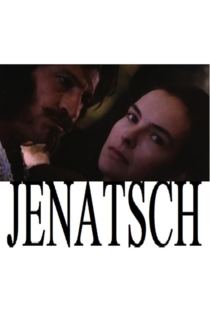
Schatten der Engel
Daniel Schmid
Ingrid Caven, Rainer Werner Fassbinder
Beautiful, detached, laconic, consumptive Lily Brest is a streetwalker with few clients. She loves her idle boyfriend Raoul who gambles away what little she earns. The town's power broker, called the rich Jew, discovers she is a good listener, so she's soon busy. Raoul imagines grotesque sex scenes between Lily and the Jew; he leaves her for a man. Her parents, a bitter Fascist who is a cabaret singer in drag and her wheelchair-bound mother, offer no refuge. Even though all have a philosophical bent, the other whores reject Lily because she tolerates everyone, including men. She tires of her lonely life and looks for a way out. Even that act serves the local corrupt powers.
Shadow of Angels
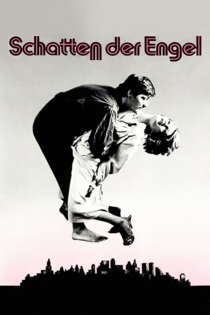
Roberte
Pierre Zucca
Denise Morin-Sinclaire, Pierre Klossowski
Roberte, 40, resistant during the war, Calvinist and anticlerical, is deputy to the chamber and inspector of Censorship. She married Octave, an old Catholic aesthete, professor of canon law, whom she saves from impeachment for collaboration during the war. He submits his wife to a perverse custom: the laws of hospitality or prostitution of the wife by the husband.
Roberte
